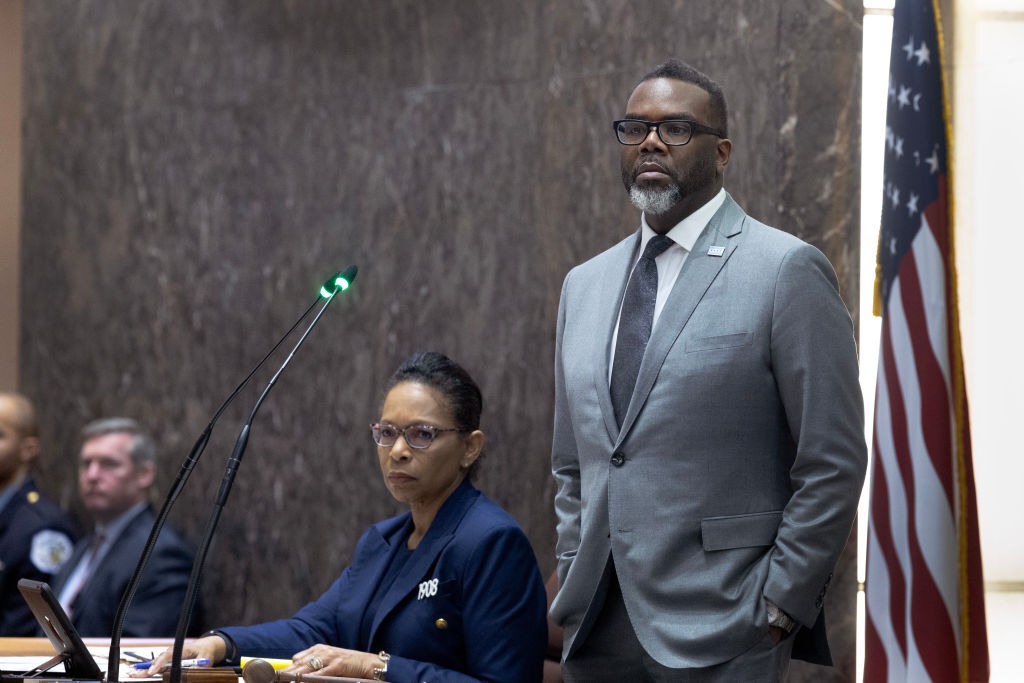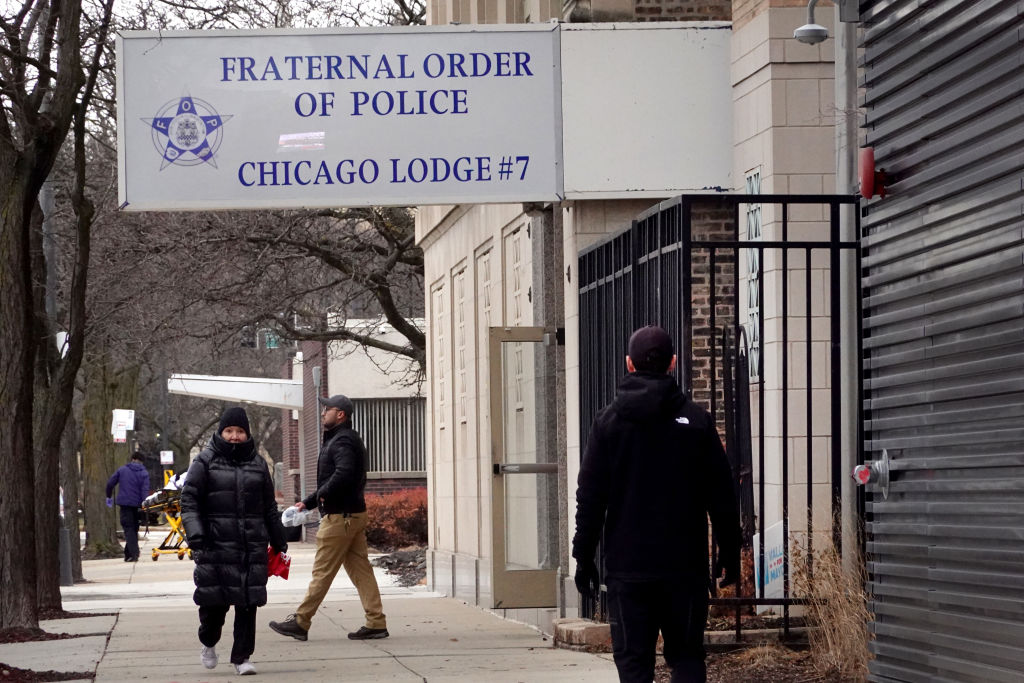The Metropolitan Water Reclamation District (MWRD) manages the Chicago area’s wastewater system with a budget of more than $1 billion. Creating an Office of Inspector General (OIG) for this body is a fiduciary imperative. Getting it right is critical. The Better Government Association’s (BGA) Policy Team has researched this topic closely and found that OIG work, whether organized as part of the district or as an intergovernmental agreement (IGA) must be independent, legally empowered, and adequately funded. Based on this research, the BGA’s Policy Team presents the following best-practice recommendations for oversight of the district.
1. The scope of work for the OIG must include both performance audits and investigations of wrongdoing.
The scope of the OIG’s work must include all MWRD activities and cover both misconduct and inefficiency. Likewise, the office should be empowered to make both disciplinary and programmatic recommendations. To ensure the office is operating professionally and effectively, it should minimally follow the Association of Inspectors General, Principles and Standards for Offices of Inspector General (Green Book) and/or Generally Accepted Government Auditing Standards (Yellow Book).
2. The independence of the agency’s leadership and budget must be protected.
To ensure the independence of the OIG, the office should have clearly-established qualifications for the office holder, a fixed term of office, and job protection in the form of a “for-cause removal.” The office also should be guaranteed a minimum budget. For example, the City of Chicago OIG must receive more than one fourteenth of one percent (0.14%) of the total funds appropriated by City Council. New Orleans guarantees its OIG three-quarters of one percent (0.75%) of the General Fund operating budget. Using the Chicago standard, MWRD’s OIG would have received a minimum budget of about $1.61 million in 2018.
3. The jurisdiction, authority, and access of the OIG must encompass the full district, in all its activities.
The jurisdiction of MWRD should include all staff, contractors, vendors, board members, and anyone doing business with MWRD. The OIG’s authority should be protected through rules that require cooperation by those within the OIG’s jurisdiction. The OIG also should have the power to accept and investigate all complaints, regardless of their anonymity or origin, access all locations, documents, and data in its jurisdiction, and independently issue and enforce subpoenas.
4. An IGA that provides oversight through an existing OIG should ensure minimum staffing levels.
In the case of an IGA, focus and responsibility for oversight of MWRD should be guaranteed by minimum staffing levels, while allowing flexibility for a portion of funds. For example, the New York City Department of Investigation’s memorandum of understanding with the Health and Hospitals Corporation provides for the creation of a special, dedicated unit. At MWRD, a minimum of one lead attorney, an investigator, and a program auditor and/or contract compliance specialist could be assigned to focus on MWRD-related matters, in addition to the shared staff, equipment, and other operating expenses required for successful oversight.
5. Final reports should be made publicly available, summary reporting must occur at least quarterly, and recommendations must require response by the appropriate authority.
Keeping both officials and the public informed is an important component of OIG work. The OIG should publish redacted founded reports to the extent allowed by law on individual matters, as well as quarterly summaries describing the OIG’s work on MWRD-related issues during the period, such as the number of complaints received and the number of investigations opened or closed. These reports should be filed with the MWRD board and the board should be able to request the IG appear to speak about them. The appropriate authority, whether district staff or commissioners, also must be required to address the OIG’s recommendations and report on what actions it plans to take, or not take, in a timely manner, such as 30 days.







